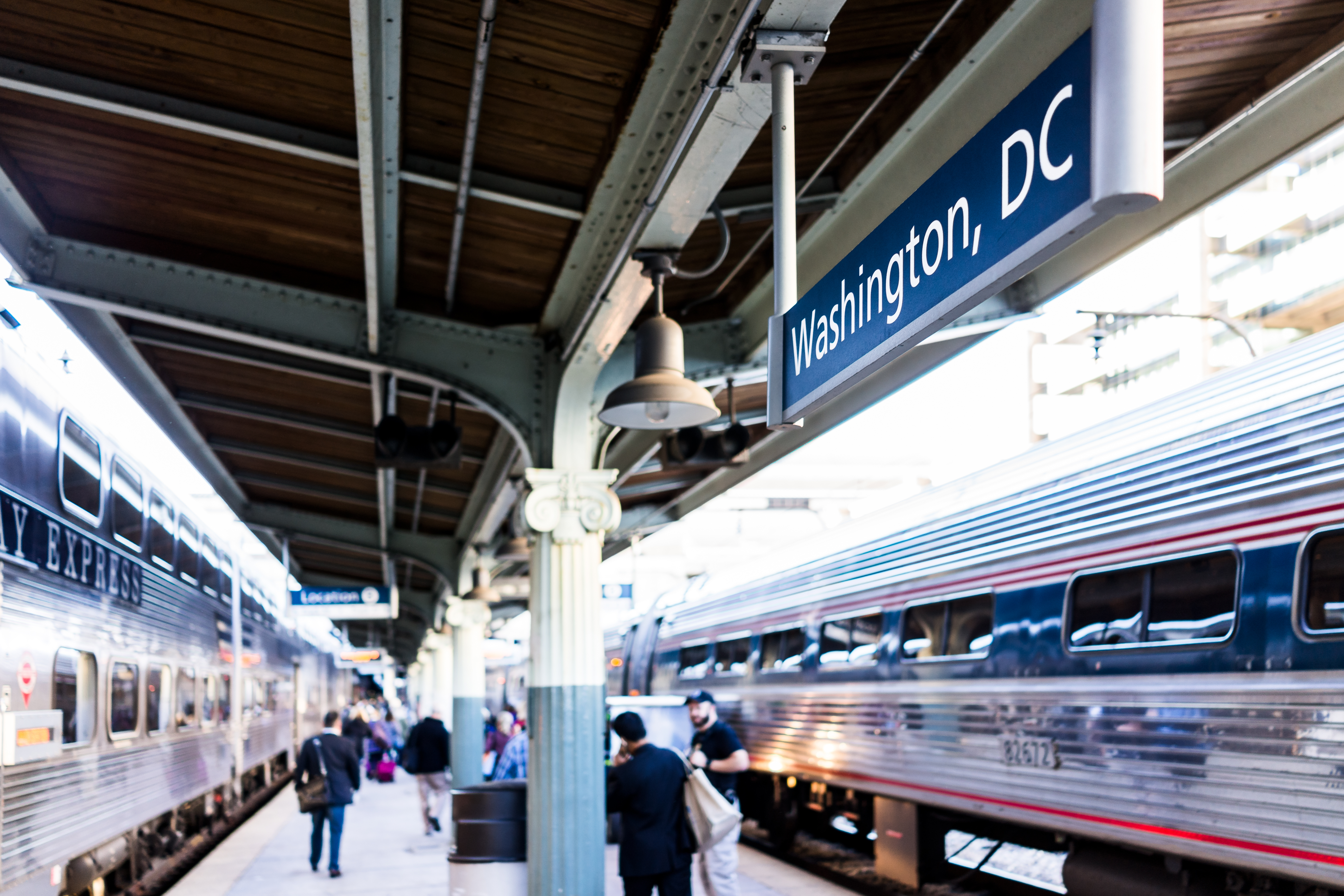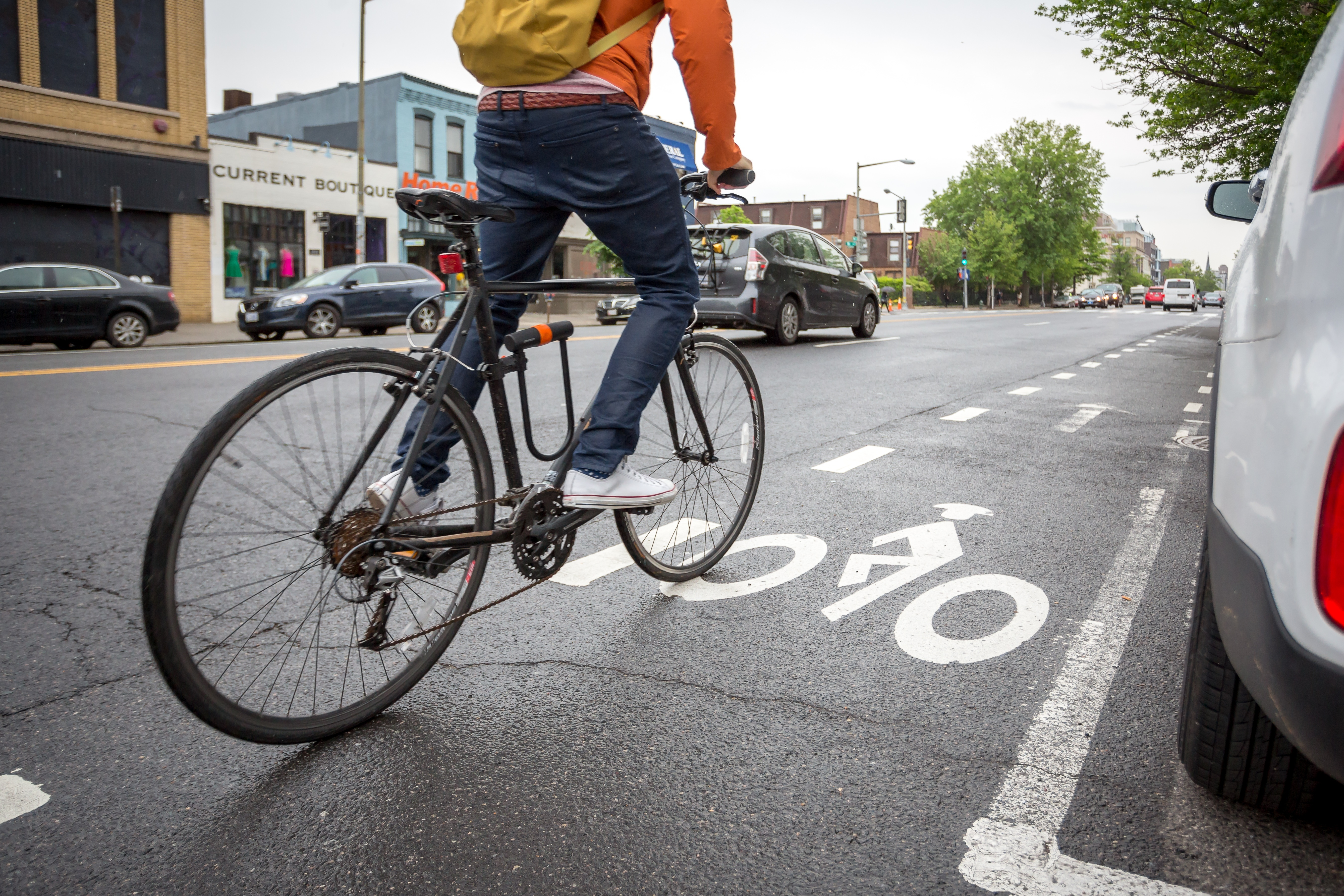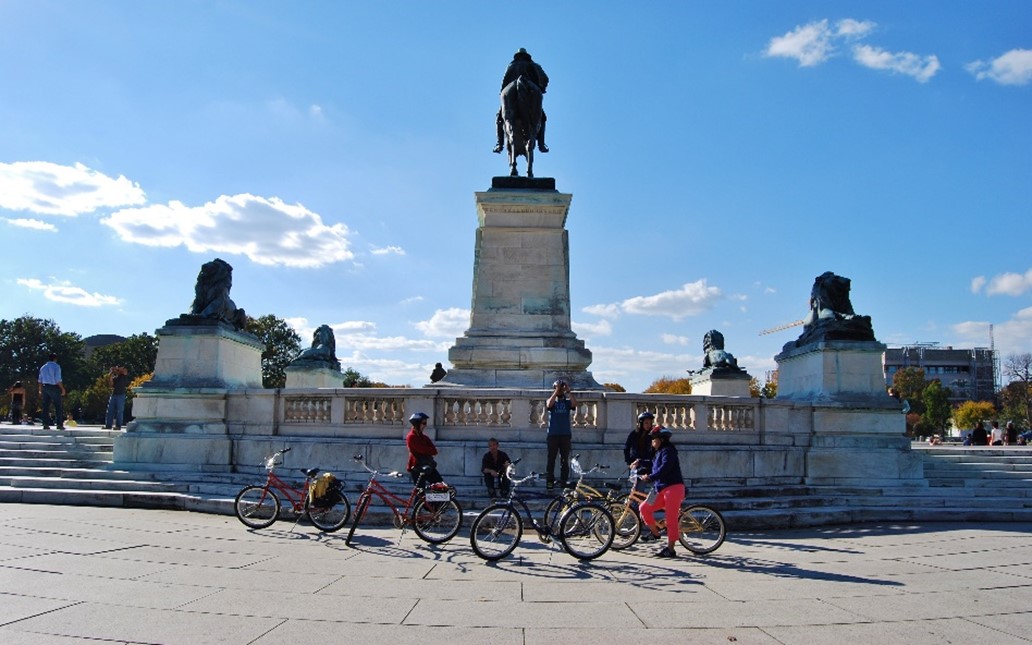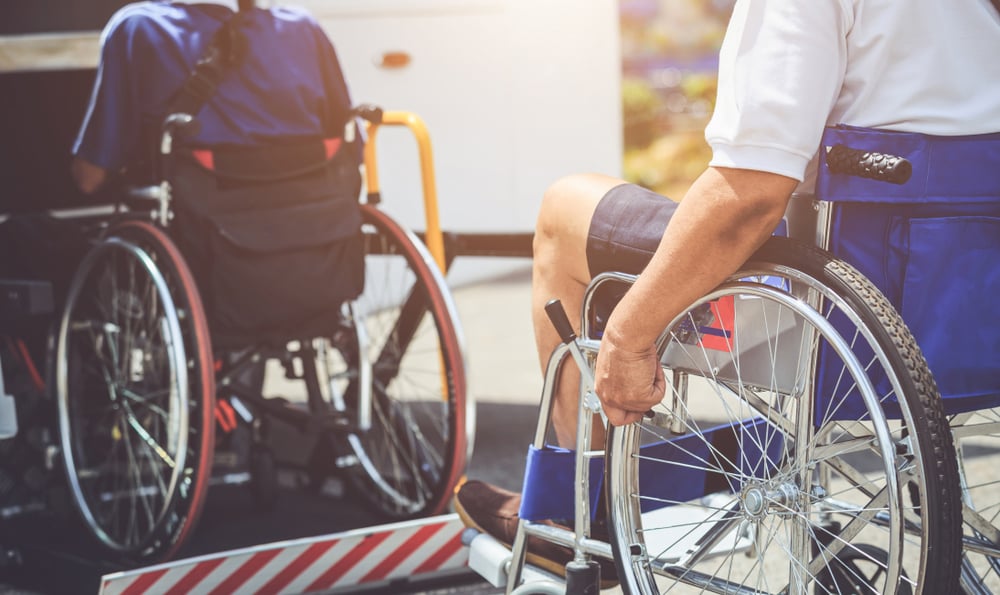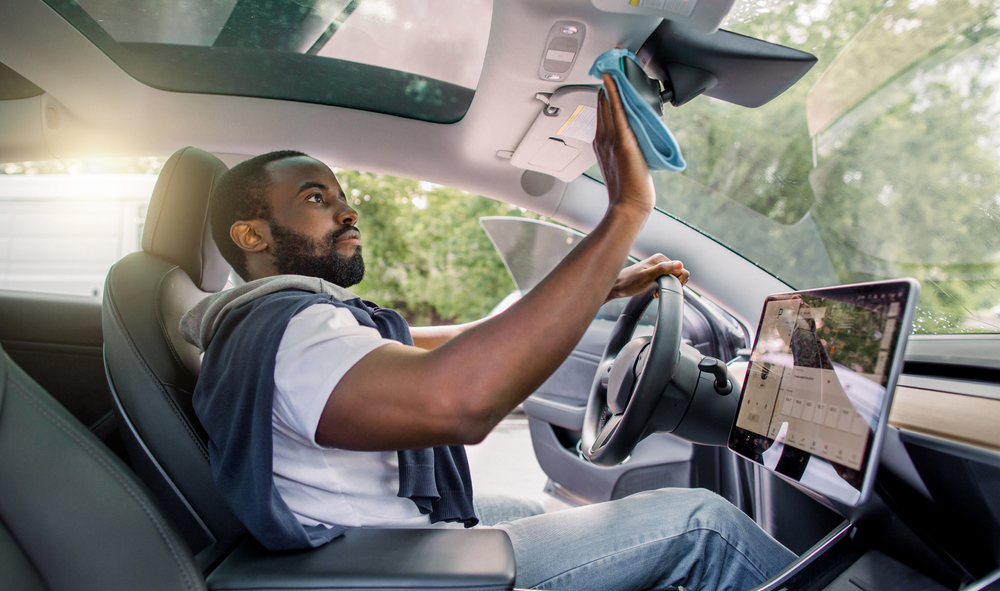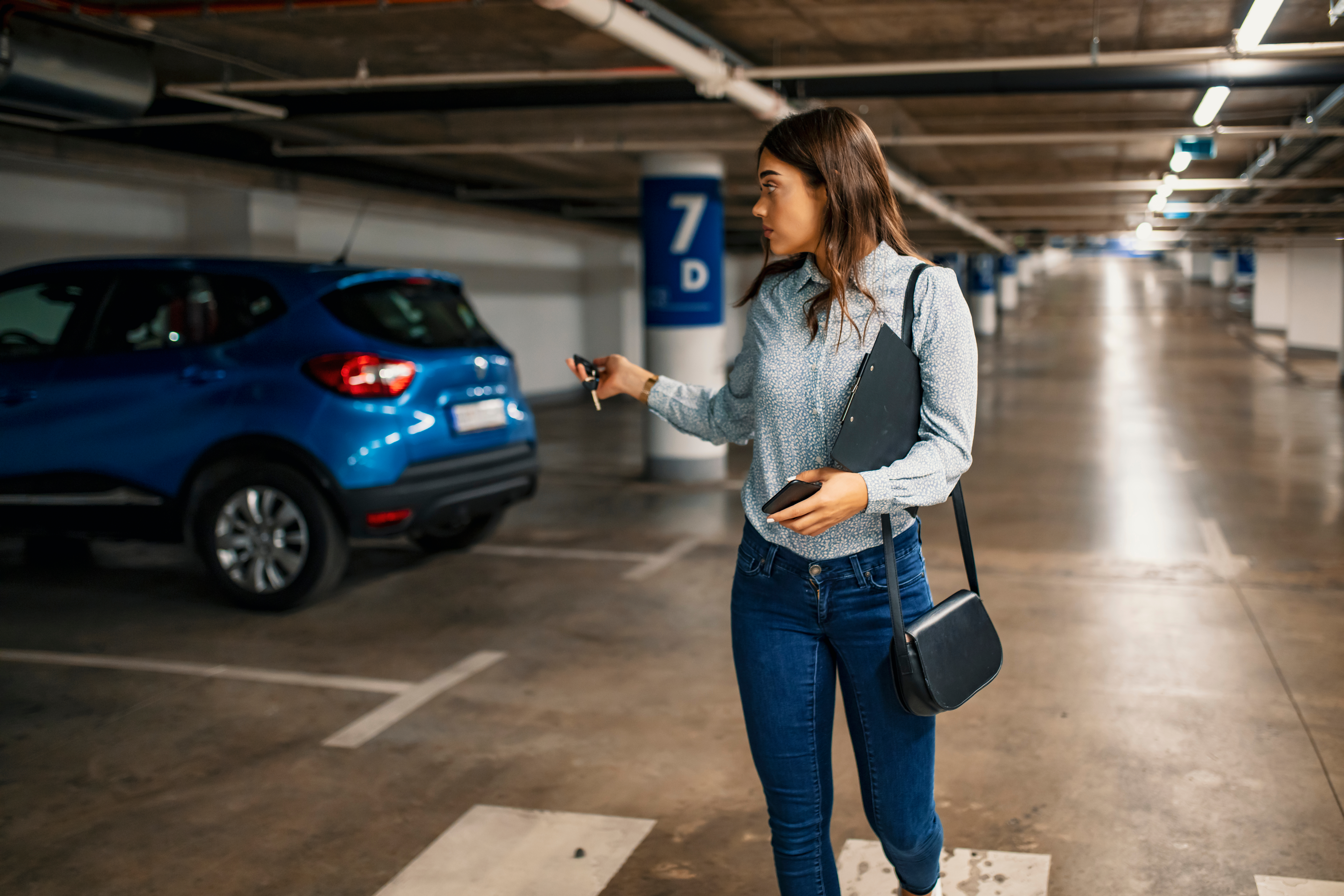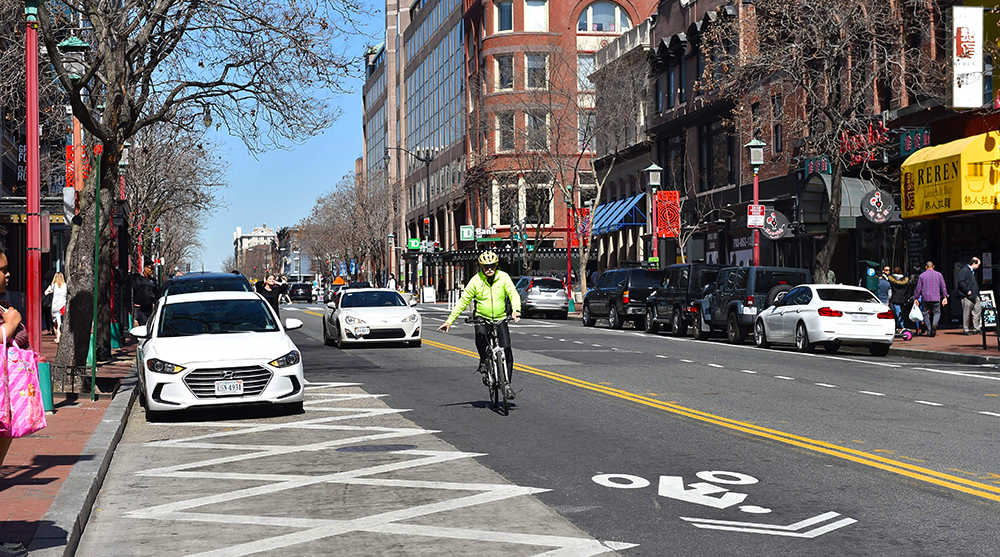Read the latest report from the UK's Four Day Work Week trial published Feb 2023 As many employers have transitioned back to the worksite, the four-day work week has become a popular topic. In fact, the number of ZipRecruiter jobs that mention four-day work weeks is up 67% this year. This comes as no surprise to employers watching the trends, as 66% of US workers report wanting to work fewer than 5 days a week, and 85% approve of moving to a four-day work week. In addition to the four-day work week’s favorability among employees, there are many pilots occurring globally in the United Kingdom, New Zealand, and some in the United States that are showing the four-day work week is beneficial for companies and management; reporting increases in productivity, greater ability to attract and retain talent, and improvements in company loyalty....
goDCgo
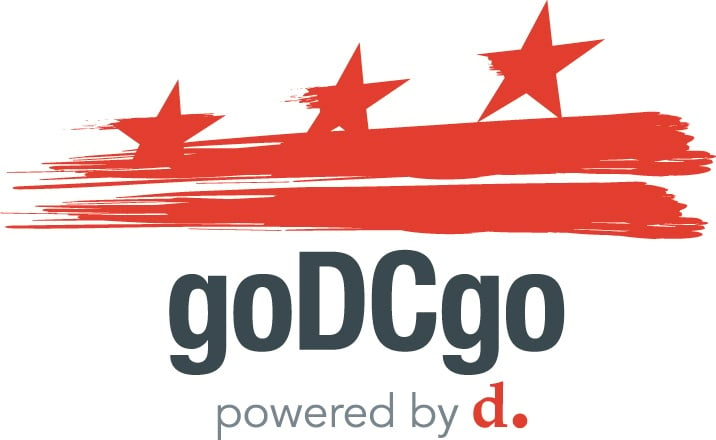
Recent Posts
This blog references DC Circulator. Please note, as of 1/1/2025, DC Circulator no longer provides bus service. Does getting away from the city sound enticing, but the thought of driving makes you wince? Did you know you can take a quick day or weekend trip by using local or regional transit? Whether you want to travel a few miles or plan for something a bit farther away, we’ve got you covered. Below you’ll find several destinations highlighted that you can easily get to. It doesn’t matter if you are a solo traveler or a group, let us show you how easy it can be to hop on transit. All you need to do is pick a destination!...
As of May 2022, DC celebrates 100 miles of bike lanes. This milestone marks a 60% increase in bike lanes in the District and four times the number of protected lanes installed since 2015. The District takes pride in being a bike-friendly community and continues to improve and expand its bike infrastructure to make bicycling easier, safer, and equitable for everyone. In addition, DDOT is celebrating 20 years of service to residents, businesses, and visitors of the District of Columbia!...
According to ADP Research Institute, 64% of workers would rather quit their jobs than return to an office full time. For anyone who’s been following the shift to remote work over the past two years, this should come as no surprise. Working from home has saved employees time and money, and maintained productivity. However, some employees still yearn for the social aspect of the office and worry about missing out on promotions and leadership roles without the office setting. This is where a hybrid schedule can give employees and managers the best of both worlds. Thankfully, 35% of DC employers are listening to their employees and are working to create and implement hybrid work schedules as employees return to the office this summer. But transitioning to a hybrid schedule isn’t as easy as you may think. For a smooth transition, employers need to audit their policies and consider that after two years of working from home, pre-pandemic in-office policies can’t just be resurrected without evaluation. Companies need to assess their new hybrid work situation and address the challenges it brings regarding commuter benefits, regional emergency ride programs, and complying with local DC transportation ordinances. Creating a new hybrid policy from scratch may sound like a heavy lift, but if you follow our list of items to consider below, you’ll be off to a great start. Be Clear About When and Why Employees Should Be in Office About 38% of hybrid employees say their biggest challenge in the past few months was knowing when and why they should come into the office. Is this something you have outlined in your hybrid work policy? Possibly not, as only 28% of leaders report including it in their policies. Make sure you have clear and direct instructions on when employees should come into the office. Should they be in for important meetings? On a certain day? If they need to access certain equipment? Use examples and include the “why” behind these in-office requirements. Make Sure You’re Still Compliant with DC Laws DC has two local ordinances that apply to employers in the District: the DC Commuter Benefits Law and the DC Parking Cashout Law. If you meet the base qualifications of these laws, you must comply with them even if your employees are on a hybrid work schedule. Our employer team can help you navigate and comply with these laws. Supplement Guaranteed Ride Home The regional Guaranteed Ride Home program, run by Commuter Connections, requires employees to commute by transit, carpool, bike, walking, or scooter at least two times a week to qualify for the program. For many only going back to the office 1 day a week, they are unable to use this benefit. If you have employees who only work from the office one day a week, you can supplement the regional program by covering rides for unexpected overtime and emergencies. Talk to our employer team to learn how. Remind Employees About Commuter Benefit Flexibility Unlike other health care, commuter benefits aren’t restricted to open enrollment. Although most admin and HR departments are aware of this, your employees may not be. Make sure you remind your employees regularly that they can enroll, adjust their allocation, or pause their commuter benefits at any time. Fully Subsidize Transit Costs to Encourage In-Office Work If your office is operating on a hybrid schedule but management would like employees to come into the office more frequently, fully subsidizing transit costs can help you achieve this goal. By fully subsidizing transit costs, you remove one of the barriers of coming into the office. This can easily be done through WMATA’s SmartBenefits system, and the best part is that this type of transit subsidy will be refunded to you if not used. Encourage a Variety of Sustainable Commuting Options Fear of taking public transit due to COVID-19 has led to many workers choosing to drive to work when they would normally take transit pre-pandemic. It’s important to let your employees know they have options like carpool apps, biking, or walking. You can even encourage these behaviors through a bike subsidy/monthly bike benefit, walking benefit, or free parking for carpools. Our employer services team can help you set up benefits and incentives like these....
May is National Bike Month! Established in 1956, this month-long celebration honors biking as a form of transportation and recreation, and as essential to our well-being and everyday lives. National Bike month gives us a chance to showcase the many benefits of bicycling and encourage more folks to give biking at try....
goDCgo is here to support sustainable transportation needs for all DC commuters and residents, regardless of age, ability, or income. In addition to providing complimentary resources about the alternative travel options available in the District, we have information on affordable, easily-accessible programs that can break down transportation barriers and help those with special mobility needs get to/from their communities and around the city. From adaptive vehicles, to shared rides, to the Metro, there's no limit to where you can go....
Living in Washington, DC can bring you closer to car-free living with all of the sustainable transportation options available to get you to, from, and around the city. In fact, Redfin ranked DC the 4th “Best City for Living Without a Car” in 2017. If you still aren’t quite ready to hang up your car keys, here’s the bigger picture of car ownership -- the average cost to own and operate a new car is nearly $10,000/year or $805.50/month. This estimate is calculated based on considerations for vehicle value and depreciation, finance/loans, and the price of gas, insurance, licensing, registration, taxes, maintenance, and repairs. It's no wonder that buying a car is one of the biggest purchases a person will make in their lives! Try calculating your own driving costs to see how much you're spending every year....
Read our newest blog for updates on reporting and FAQs. To continue to improve air quality and reduce the number of commuters driving to work in the District, an amendment to the Sustainable DC Omnibus Amendment Act of 2014 was signed into law by Mayor Bowser in April 2020. The new law titled the Transportation Benefits Equity Amendment Act of 2020 requires all employers who offer free or subsidized parking benefits and have 20 or more employees to comply with the law and submit a report to DDOT. New regulations can be confusing for impacted businesses and goDCgo is here to help your organization become compliant. ...
The District of Columbia has over 100 miles of bike lanes and more than 60 miles of trails to discover, providing bicyclists with lots of space to get around town. For added security and confidence, there are 24 miles of protected bike lanes, so even the most novice of bicyclists can feel safer riding throughout the city. And there's more where that came from! The District Department of Transportation (DDOT) plans to install an additional 20 miles of protected bike lanes by the end of this year, ten of which are already completed. While it's always important to practice proper bike etiquette and follow the rules of the road, there are even more safety precautions that bicyclists should know since the COVID-19 pandemic. goDCgo encourages you to be a "roll model" for others and use your best biking judgement. That means staying alert, maintaining safe speeds, keeping right and passing left, standing aside if standing still, and being courteous and considerate when sharing the road. Review more of the bike safety tips so you're properly prepared for your next ride and beyond....
This blog references DC Circulator. Please note, as of 1/1/2025, DC Circulator no longer provides bus service. In honor of this year's Black History Month, goDCgo wants to shine a spotlight on some of the African American leaders and professionals who help shape transportation in the District today. From city infrastructure, sustainable transportation promotions, transit operations, vehicle management, road safety, bike education, and much more, they're involved in nearly every aspect of DC's transportation systems and make a strong impact on the commute options that we use every day including Capital Bikeshare, DC Circulator, Metrobus, Metrorail, and even personal bike riding experiences....



